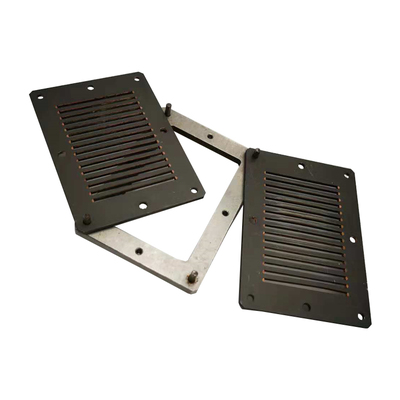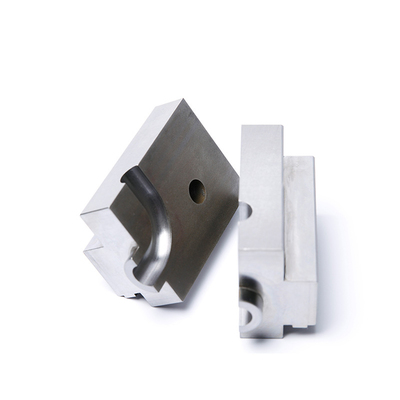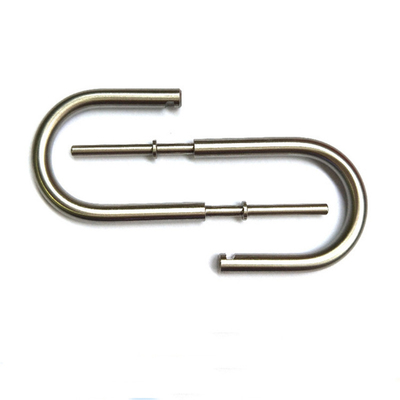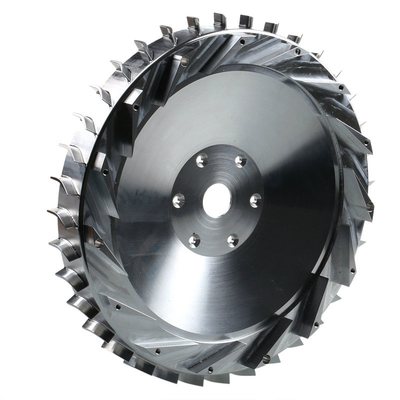Pocket Heat Screws for 1/2-Inch Material: An Overview
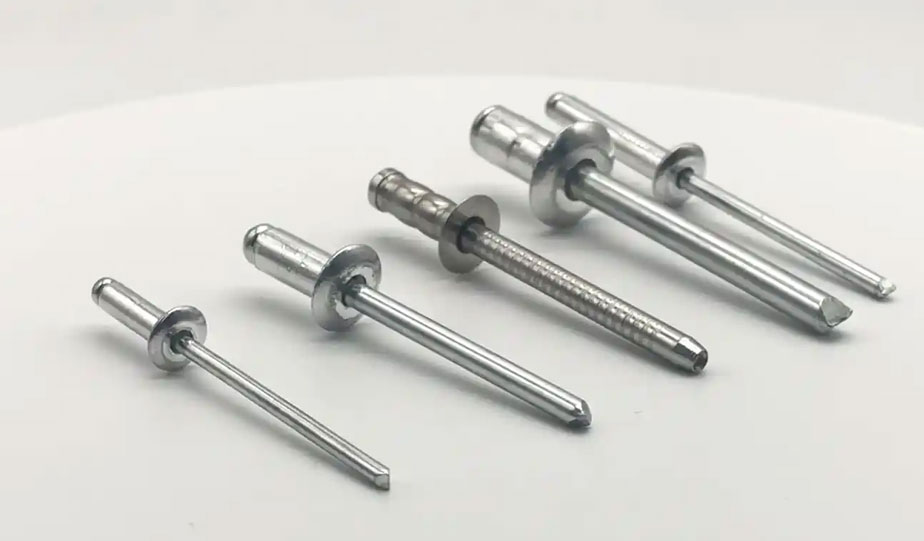
Pocket heat screws are specialized fasteners used in various applications, including electronics, automotive components, and aerospace engineering. Their unique design allows them to create strong, reliable joints while minimizing thermal stress and distortion in the materials being joined. When working with materials that are 1/2 inch thick, understanding the appropriate size and type of pocket heat screw is crucial for ensuring optimal performance.
Definition and Function
Pocket heat screws are typically made from high-strength materials and feature a threaded shaft that is designed to be embedded within a pocket or hole in the substrate material. They are primarily utilized in applications where thermal management is critical, as they can dissipate heat efficiently while providing a secure fastening solution. The screw's design allows for a snug fit within the pocket, reducing the likelihood of movement or loosening over time.
Selection of Size for 1/2-Inch Material
Diameter
The diameter of a pocket heat screw is an essential factor in its performance. For materials that are 1/2 inch thick, the diameter of the screw should be chosen based on the specific requirements of the application, including load-bearing capacity and the thickness of the material being joined. Common diameters for pocket heat screws range from 0.125 inches (1/8 inch) to 0.375 inches (3/8 inch). For 1/2-inch material, a diameter of 0.25 inches (1/4 inch) is often recommended, as it provides a balance between strength and ease of installation.
Length
The length of the pocket heat screw is equally important. It should be long enough to engage the material securely without protruding excessively or risking damage to underlying components. For 1/2-inch thick material, screws with lengths ranging from 0.5 inches to 1 inch are typically suitable. The exact length will depend on factors such as the type of material being joined and any additional layers or components that may be present.
Thread Type and Pitch
The thread type and pitch of the screw are also critical considerations. Pocket heat screws can feature different thread designs, including coarse and fine threads, each offering distinct advantages. Coarse threads provide better grip in softer materials, while fine threads allow for more precise adjustments and are generally preferred in harder materials. The pitch, which refers to the distance between threads, should be selected based on the application's load requirements. For most 1/2-inch materials, a thread pitch of 18 to 24 threads per inch (TPI) is common.
Installation Considerations
When installing pocket heat screws in 1/2-inch material, several best practices should be followed to ensure optimal performance:
-
Pre-Drilling: It is often advisable to pre-drill a pilot hole to prevent the material from splitting or cracking. The pilot hole's diameter should be slightly smaller than the screw's diameter.
-
Torque Settings: Applying the correct torque during installation is crucial. Over-torquing can lead to stripping of the threads or damage to the material, while under-torquing can result in a weak joint.
-
Thermal Management: Since pocket heat screws are often used in applications involving heat dissipation, it is important to ensure that the materials being joined have good thermal conductivity. This enhances the screw's ability to manage heat effectively.
Conclusion
Selecting the appropriate size pocket heat screw for 1/2-inch material is vital for achieving a secure and efficient joint. Factors such as diameter, length, thread type, and installation methods all play significant roles in the performance of the fastener. By understanding these parameters, engineers and technicians can make informed decisions that will enhance the reliability and longevity of their assemblies, ensuring optimal performance in various applications.
Reprint Statement: If there are no special instructions, all articles on this site are original. Please indicate the source for reprinting:https://www.cncmachiningptj.com/,thanks!
 3, 4 and 5-axis precision CNC machining services for aluminum machining, beryllium, carbon steel, magnesium, titanium machining, Inconel, platinum, superalloy, acetal, polycarbonate, fiberglass, graphite and wood. Capable of machining parts up to 98 in. turning dia. and +/-0.001 in. straightness tolerance. Processes include milling, turning, drilling, boring, threading, tapping, forming, knurling, counterboring, countersinking, reaming and laser cutting. Secondary services such as assembly, centerless grinding, heat treating, plating and welding. Prototype and low to high volume production offered with maximum 50,000 units. Suitable for fluid power, pneumatics, hydraulics and valve applications. Serves the aerospace, aircraft, military, medical and defense industries.PTJ will strategize with you to provide the most cost-effective services to help you reach your target,Welcome to Contact us ( sales@pintejin.com ) directly for your new project.
3, 4 and 5-axis precision CNC machining services for aluminum machining, beryllium, carbon steel, magnesium, titanium machining, Inconel, platinum, superalloy, acetal, polycarbonate, fiberglass, graphite and wood. Capable of machining parts up to 98 in. turning dia. and +/-0.001 in. straightness tolerance. Processes include milling, turning, drilling, boring, threading, tapping, forming, knurling, counterboring, countersinking, reaming and laser cutting. Secondary services such as assembly, centerless grinding, heat treating, plating and welding. Prototype and low to high volume production offered with maximum 50,000 units. Suitable for fluid power, pneumatics, hydraulics and valve applications. Serves the aerospace, aircraft, military, medical and defense industries.PTJ will strategize with you to provide the most cost-effective services to help you reach your target,Welcome to Contact us ( sales@pintejin.com ) directly for your new project.
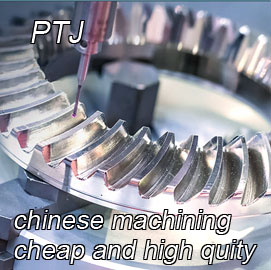
- 5 Axis Machining
- Cnc Milling
- Cnc Turning
- Machining Industries
- Machining Process
- Surface Treatment
- Metal Machining
- Plastic Machining
- Powder Metallurgy Mold
- Die Casting
- Parts Gallery
- Auto Metal Parts
- Machinery Parts
- LED Heatsink
- Building Parts
- Mobile Parts
- Medical Parts
- Electronic Parts
- Tailored Machining
- Bicycle Parts
- Aluminum Machining
- Titanium Machining
- Stainless Steel Machining
- Copper Machining
- Brass Machining
- Super Alloy Machining
- Peek Machining
- UHMW Machining
- Unilate Machining
- PA6 Machining
- PPS Machining
- Teflon Machining
- Inconel Machining
- Tool Steel Machining
- More Material

